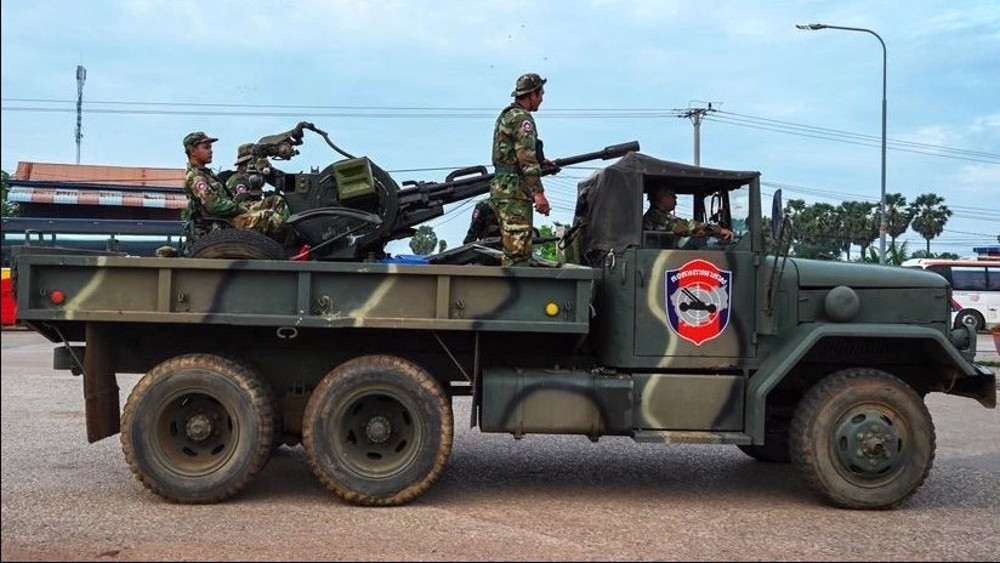Turkey’s shift in foreign policy strategic: Analyst
Press TV has conducted an interview with William Jones, Washington Bureau Chief for Executive Intelligence Review, and Jonathan Fryer, an author and broadcaster from London, to discuss the shift in Turkey's foreign policy agenda.
"Erdogan has refocused its alignment to regional countries like Russia, and Syria," Jones said, adding that Turkey has even agreed for President Bashar Assad to remain in power during the so-called transitional period.
Jones sees the change as a ‘strategic shift’ in terms of the fight against Daesh. "They've been very successful in what they have been doing and Turkey feels in danger by Daesh. Although, they have been somewhat ambiguous in their relationship because of geopolitical factors. But now they have come down on the side of conducting a war against that terrorism which is also threatening them and they see Russia as an ally," he said, noting that the shift is leading to a regional collaboration towards tackling this problem.
He added that the United States "is not is not so happy about this and its policy has been fairly unsuccessful over the last 15-20 years in dealing with the Middle East. So it seems to be that moving in a different direction is a very useful tool and Turkey has taken the a right decision which is also a strategic shift towards Eurasion policy."
Jones mentioned that the US may be trying to design various measures to pressure Turkey "to get back in the fold. But they are fighting a losing battle. The NATO’s policy of getting countries to place sanctions on Russia and putting them in the corner in return for the Crimea operations, has been a total failure. So what the US can do against Turkey is somewhat limited."
According to Jones, the US still has to fight Daesh. He believes that the biggest players in that fight are Turkey and Russia and "the wisest decision is to try to work together with them to deal with the main enemy which is Daesh."
He went on to say, "On the other hand, the Wahhabi ideology fueled terrorism in the region. Although the United States still treats Saudi Arabia as an ally, in spite of the objections in Congress to what is being done now in Yemen."
Meanwhile, Jonathan Fryer told Press TV that the Turks are really very concerned about Kurdish rebels in Syria, even more so than Daesh. "The top priority for Turkey is to stop Syria breaking up into little statelets or autonomous regions. Because that could encourage not only the breakaway of the Iraqi Kurdistan [Region] to be an independent country, but would give a lot of comfort and encouragement to the more militant Kurdish separatists in southeast Turkey, particularly the PKK gorillas."
Regarding the change in Turkey's approach to Syria, Fryer argued that the Russian connection has certainly a role to play, "but much more important is Turkey’s concern about security in the southeast of the country, especially after the latest attack in Gaziantep which has tremendously shocked the system."
Sunni MPs condemn Trump’s insult, affirm support for Iran’s Leader
1,000 strategic drones officially join combat units of Iranian Army
VIDEO | Germany, not just merely an economic recession
Discover Iran: Hormozgan, home to the last lenj boatbuilders of Persian Gulf
VIDEO | Condition of Gaza hospitals at the beginning of phase two recovery
VIDEO | Tehran metro station vandalized in attack by foreign-backed terrorists
VIDEO | Angry Iraqis set fire to Trump image, US flag
'It's simple — Trump's failing': Netizens rip into US warmongering against Iran









 This makes it easy to access the Press TV website
This makes it easy to access the Press TV website